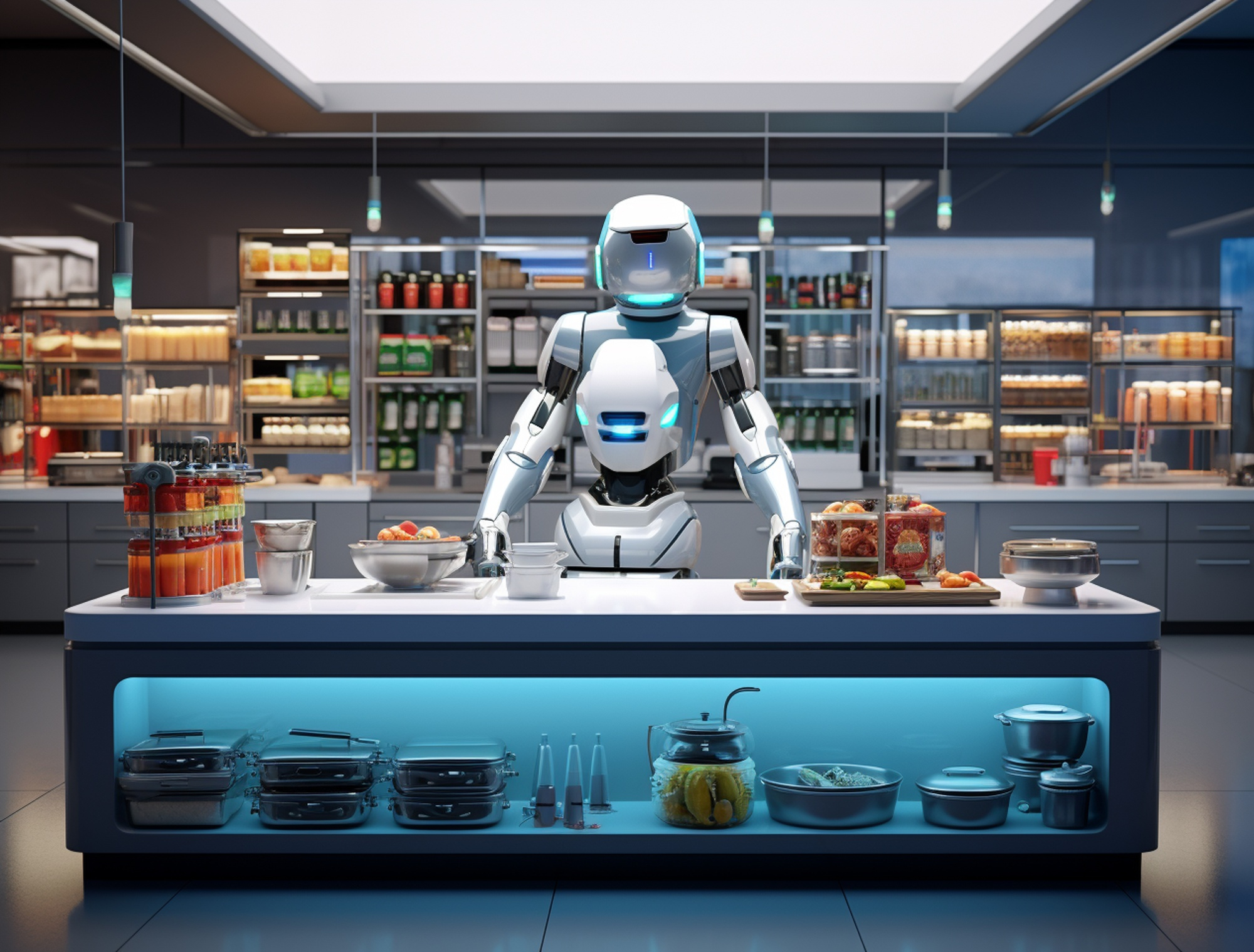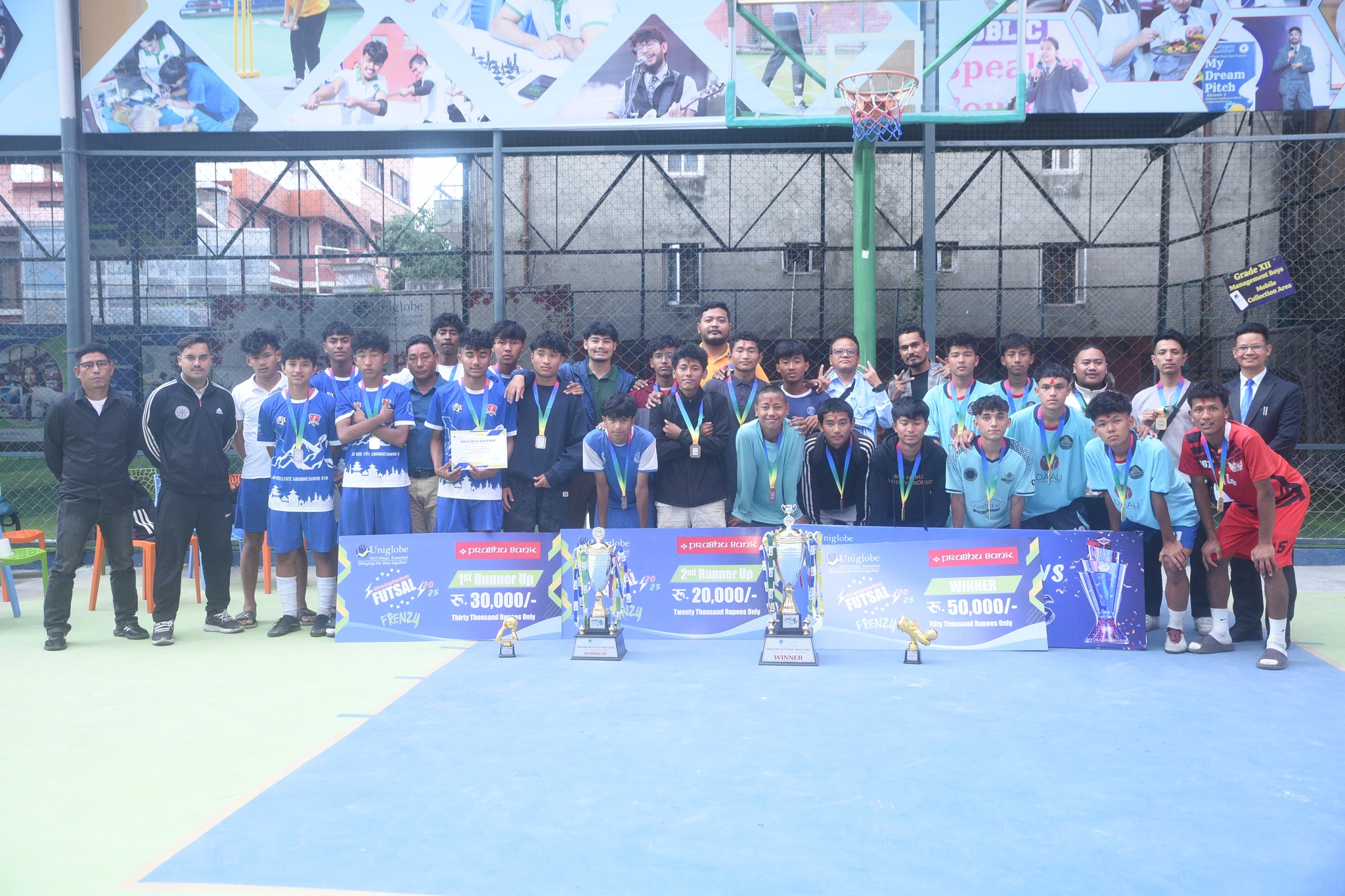Robots are human-made electronic machines developed to enhance human life, making tasks easier and more efficient. In the present day, robots are highly intelligent and versatile, capable of solving complex problems beyond human capabilities. Robotics, now in its fifth generation of computer development, utilizes natural language programming, enabling communication and expressions akin to humans, exemplified by robots like Sophia. When utilized effectively, robotics represent the pinnacle of human technological advancement, promising a future of unprecedented development.
The concept of robotics dates back to the 19th century, originating in Japan. Currently, Japan leads as the largest manufacturer of robots and robotic equipment, followed by China and America. The global enthusiasm for robots is palpable, with widespread interest in robotics among people. Robotics is a branch of computer science, focusing on devices capable of autonomous operation based on pre-programmed instructions or commands. Many nations are investing heavily in robotics due to its numerous advantages.
Robots offer significant advantages, such as round-the-clock operation with maximum accuracy, eliminating the need for rest or breaks like humans. They are highly versatile and intelligent, requiring only charging for power without the need for sustenance. Though initial production costs may be high, the long-term benefits outweigh them, leading to profitability. Major companies like Amazon and Microsoft utilize robots as efficient workers, avoiding the need for monthly salaries.
However, the widespread adoption of robots also presents challenges. Automation has led to job displacement for many individuals, as robots work continuously and tirelessly. They operate at high speeds without fatigue, posing potential risks to human employment. Additionally, there are concerns regarding the destructive potential of robots, as they possess advanced cognitive abilities and immense physical strength. While robots offer immense utility, they can be costly and lack human-friendly attributes.
In conclusion, the judicious use of robots and robotics can yield significant benefits. However, they remain dependent on human oversight and guidance. Without human intervention, robots are merely inert pieces of machinery. Thus, while robots represent a remarkable technological achievement, their true value lies in symbiosis with humanity.
By: Dikshit Bista (Science, L2)







